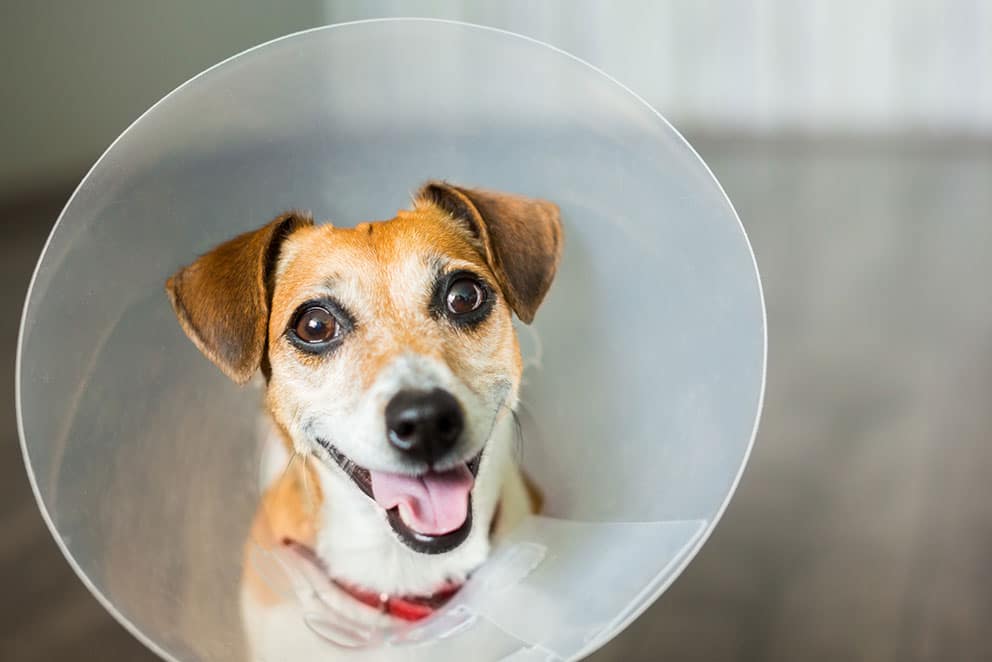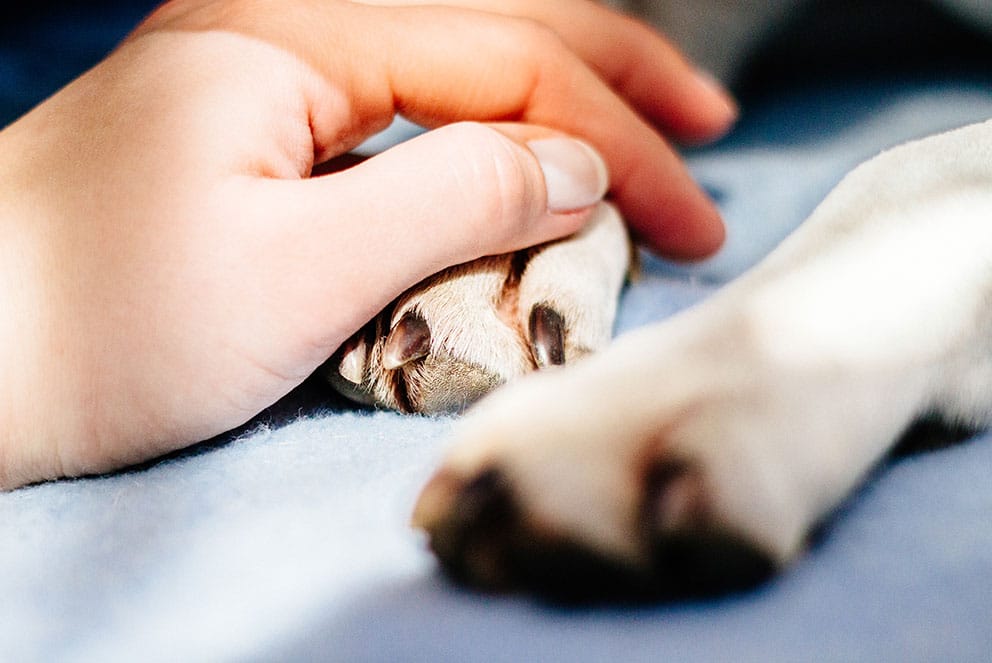If you do not intend to breed with your pet then desexing is definitely advised. There are many advantages but few disadvantages to having your pet desexed.
The health benefits, especially in bitches outweigh the disadvantages and it is the only way to ensure no unwanted puppies. Desexing your dog will eliminate common diseases of the uterus, ovaries and testicles.
From a behavioural point of view it will make for a more settled family pet who is more pleasurable to be around. It will not , affect your dogs “spirit” or character. There is also less chance of those annoying habits of inappropriate toileting by the males marking territory. Of course the bleeding that occurs when a bitch is in season can be very annoying and not easy on the carpets. It has also been shown, through research that desexed pets live longer. They are much less likely to get into conflicts and are less likely to want to roam.
There are disadvantages to desexing for example urinary incontinence in a small percentage of spayed bitches and weight gain. Weight gain is easily managed with correct nutrition and regular exercise. Incontinence is also generally easily managed with medication.
Remember that there is no scientific evidence to support females having a litter of pups and kittens. It is also worth noting that all guide dogs, hearing dogs and dogs for the disabled are all desexed. We usually recommend desexing your pet at about 6 months but timing may vary depending on the breed and health of your pet. This together with any other concerns you may have regarding the procedure can be discussed with any of our helpful staff.






